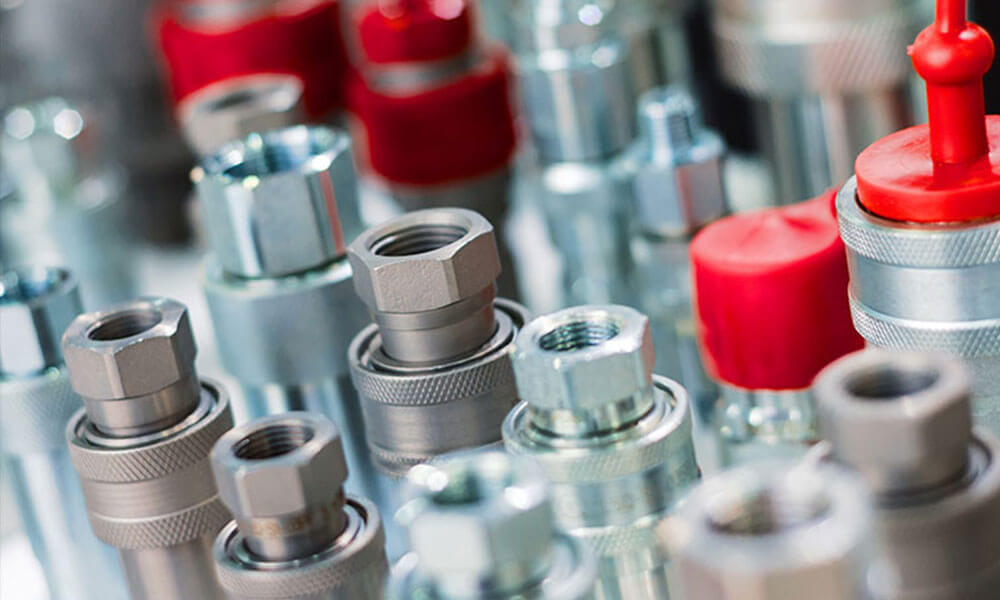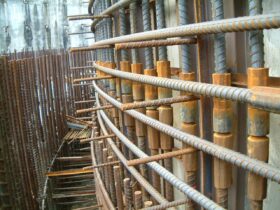In the realm of hydraulic repair, where precision and efficiency reign supreme, one method has emerged as a game-changer: vapor blasting. This innovative technique combines the power of water, abrasive media, and air to rejuvenate hydraulic components to their former glory. In this article, we delve into the intricacies of vapor blasting, its benefits, and its significance in the world of hydraulic repair.
Understanding Vapor Blasting
Vapor blasting, also known as wet blasting or liquid honing, is a surface preparation process that utilizes a mixture of water, abrasive media, and compressed air. Unlike traditional dry blasting methods, vapor blasting eliminates dust clouds, reduces abrasive embedment, and produces a smoother finish without causing damage to delicate components.
The Process Unveiled
The vapor blasting process begins with the creation of a slurry mixture consisting of water and fine abrasive particles. This slurry is then propelled onto the surface of the hydraulic component at high velocity through a blasting nozzle. Simultaneously, compressed air is introduced to create a vapor cloud, which cushions the impact of the abrasive particles, resulting in a gentle yet effective cleaning action.
Benefits of Vapor Blasting in Hydraulic Repair
- Gentle Yet Effective Cleaning: Vapor blasting removes contaminants, corrosion, and surface imperfections without compromising the integrity of the hydraulic component. Its gentle cleaning action ensures that even delicate parts are restored to optimal condition.
- Enhanced Surface Finish: The combination of water and abrasive media produces a uniform, satin-like finish on hydraulic components, improving their aesthetic appeal and functional performance.
- Reduced Material Removal: Unlike traditional abrasive blasting methods, vapor blasting minimizes material removal, making it ideal for refurbishing precision-engineered hydraulic parts without altering their dimensions.
- Versatility: Vapor blasting can be applied to a wide range of hydraulic components, including cylinders, valves, pumps, and pistons, making it a versatile solution for various repair and maintenance tasks.
- Environmental Friendliness: With its closed-loop system and water-based abrasive media, vapor blasting is an environmentally friendly alternative to solvent-based cleaning methods. It significantly reduces airborne dust and minimizes waste generation, making it a sustainable choice for hydraulic repair facilities.
Applications in Hydraulic Repair
Vapor blasting finds extensive applications in hydraulic repair across industries such as automotive, aerospace, marine, and manufacturing. Whether it’s refurbishing worn-out hydraulic cylinders, cleaning intricate valve components, or restoring hydraulic pumps to peak performance, vapor blasting delivers unparalleled results with precision and efficiency.
Conclusion
In the realm of hydraulic repair, where precision, reliability, and efficiency are paramount, vapor blasting stands out as a transformative technology. Its gentle yet effective cleaning action, enhanced surface finish, and environmental sustainability make it a preferred choice for refurbishing hydraulic components. As industries continue to demand superior performance and longevity from their hydraulic systems, vapor blasting emerges as a cornerstone technique in the pursuit of excellence.
With its ability to rejuvenate hydraulic components to their original glory, vapor blasting unlocks a world of possibilities for hydraulic repair professionals, enabling them to deliver exceptional results with unmatched precision and finesse. As the hydraulic industry evolves, vapor blasting will undoubtedly remain at the forefront, shaping the future of hydraulic repair with its innovative approach and unwavering commitment to excellence.










